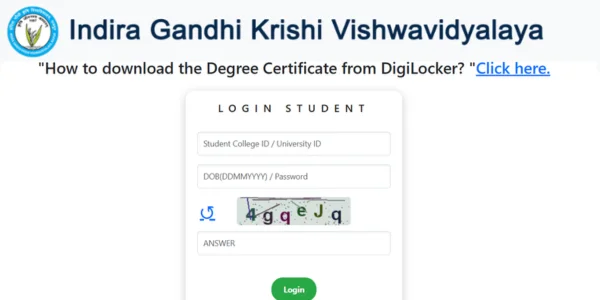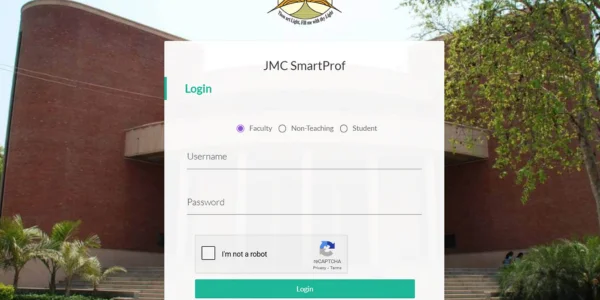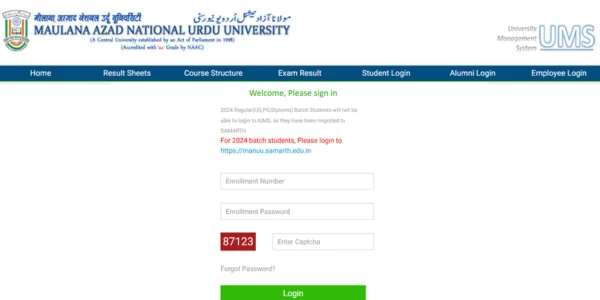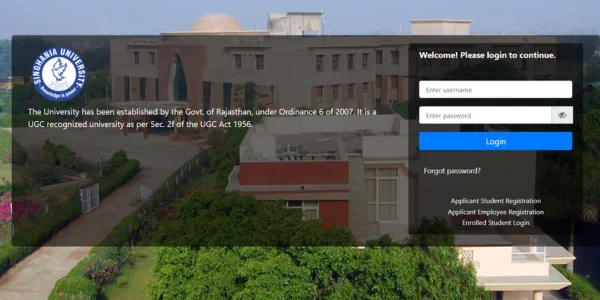The full form of IFRS is International Financial Reporting Standards. These standards are designed to bring consistency, transparency, and comparability to financial statements across the globe. An IFRS course focuses on equipping finance professionals with the knowledge and skills necessary to apply these standards effectively in financial reporting.
Course Structure and Duration
The Diploma in IFRS, offered by the Association of Chartered Certified Accountants (ACCA), is a widely recognized program. The course typically spans approximately 75 hours of intensive training, which can be completed over a period of 3 to 6 months, depending on the training provider and the study mode chosen. The curriculum is designed to provide a comprehensive understanding of IFRS principles and their practical application in financial reporting.
Eligibility Criteria
To enroll in the Diploma in IFRS program, candidates should meet one of the following criteria:
- A professional accountant or auditor who works in practice or business and is qualified according to national accounting standards.
- A practitioner who may not yet be qualified but has three years of relevant accounting experience.
- A qualified professional accountant or auditor, working in practice or business, who is not yet qualified under a national accounting standard.
These requirements ensure that participants have a foundational understanding of accounting principles, enabling them to grasp the complexities of IFRS effectively.
Subjects and Curriculum
The IFRS course curriculum is structured to cover a range of topics essential for proficiency in international financial reporting. Key subjects include:
- The Conceptual Framework for Financial Reporting: Understanding the underlying principles and objectives of financial reporting.
- Presentation of Financial Statements (IAS 1): Guidelines on the structure and content of financial statements.
- Revenue Recognition (IFRS 15): Principles for recognizing revenue from contracts with customers.
- Leases (IFRS 16): Accounting treatment for lease agreements.
- Financial Instruments (IFRS 9): Classification, measurement, and recognition of financial instruments.
- Consolidated Financial Statements (IFRS 10): Preparation and presentation of group financial statements.
The course also delves into various other standards and interpretations, providing participants with a holistic understanding of IFRS.
Career Opportunities
Acquiring a Diploma in IFRS opens up numerous career opportunities in the field of finance and accounting. Graduates can pursue roles such as:
- Financial Analyst: Analyzing financial data to assist in decision-making processes.
- Accountant: Preparing and examining financial records to ensure accuracy and compliance.
- Auditor: Evaluating financial statements and related operations to ensure adherence to IFRS.
- Consultant: Advising organizations on the implementation and compliance of IFRS.
The global adoption of IFRS enhances the demand for professionals skilled in these standards, providing opportunities in multinational corporations, financial institutions, and regulatory bodies.
Conclusion
The International Financial Reporting Standards (IFRS) course is a comprehensive program designed to equip finance professionals with the expertise needed for global financial reporting. With a curriculum that balances theoretical knowledge and practical application, the course prepares participants to navigate the complexities of international accounting standards, thereby enhancing their career prospects in the global finance industry.




